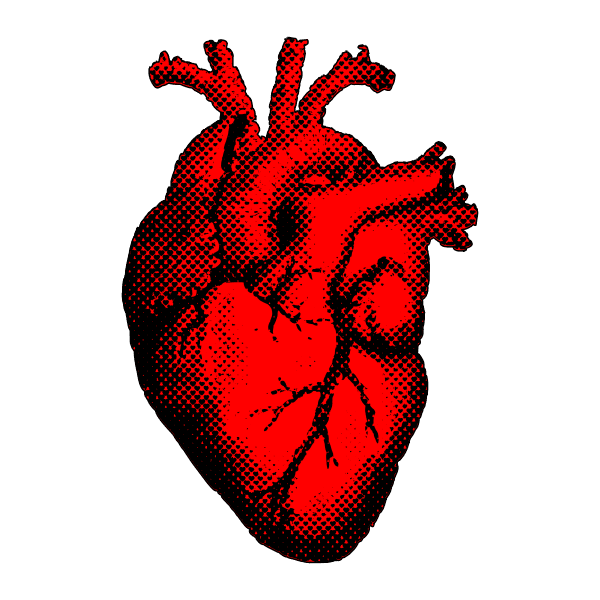Cardiovascular disease
I can describe the causes of coronary heart disease and evaluate some different treatments for cardiovascular disease.
Cardiovascular disease
I can describe the causes of coronary heart disease and evaluate some different treatments for cardiovascular disease.
These resources will be removed by end of Summer Term 2025.
Lesson details
Key learning points
- Cardiovascular disease (including coronary heart disease) is a common non-communicable disease.
- The coronary arteries supply blood to the heart muscle, and can become blocked by fatty deposits.
- This restricts blood flow and causes a lack of oxygen to the heart muscle, which can cause a heart attack.
- Heart valves stop the backflow of blood in the heart and they can become damaged.
- Heart disease can be prevented with lifestyle changes, or treated with stents, medicines, transplants and surgery.
Keywords
Cardiovascular disease - General term for conditions affecting the heart or the blood vessels.
Coronary heart disease - A condition whereby the coronary arteries have been blocked.
Arteries - Blood vessels that carry blood away from the heart.
Stent - A short wire mesh tube that can be inserted into the artery to allow the unrestricted flow of blood.
Statins - Medication to lower blood cholesterol.
Common misconception
The heart does not have its own blood vessels. Students often believe the heart gets oxygen and glucose from the blood circulating through it.
The heart has its own blood supply through the coronary arteries.
To help you plan your year 10 biology lesson on: Cardiovascular disease, download all teaching resources for free and adapt to suit your pupils' needs...
To help you plan your year 10 biology lesson on: Cardiovascular disease, download all teaching resources for free and adapt to suit your pupils' needs.
The starter quiz will activate and check your pupils' prior knowledge, with versions available both with and without answers in PDF format.
We use learning cycles to break down learning into key concepts or ideas linked to the learning outcome. Each learning cycle features explanations with checks for understanding and practice tasks with feedback. All of this is found in our slide decks, ready for you to download and edit. The practice tasks are also available as printable worksheets and some lessons have additional materials with extra material you might need for teaching the lesson.
The assessment exit quiz will test your pupils' understanding of the key learning points.
Our video is a tool for planning, showing how other teachers might teach the lesson, offering helpful tips, modelled explanations and inspiration for your own delivery in the classroom. Plus, you can set it as homework or revision for pupils and keep their learning on track by sharing an online pupil version of this lesson.
Explore more key stage 4 biology lessons from the Health and disease unit, dive into the full secondary biology curriculum, or learn more about lesson planning.

Equipment
None
Content guidance
- Depiction or discussion of sensitive content
Supervision
Adult supervision recommended
Licence
Starter quiz
6 Questions


Exit quiz
6 Questions



lower blood cholesterol.
allow the unrestricted flow of blood.
lower blood pressure.
lowers the risk of a blood clot.
provides a new heart.


